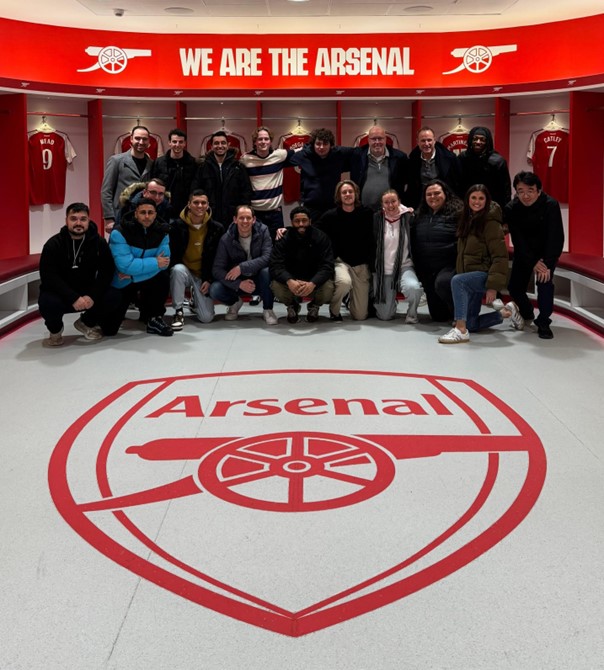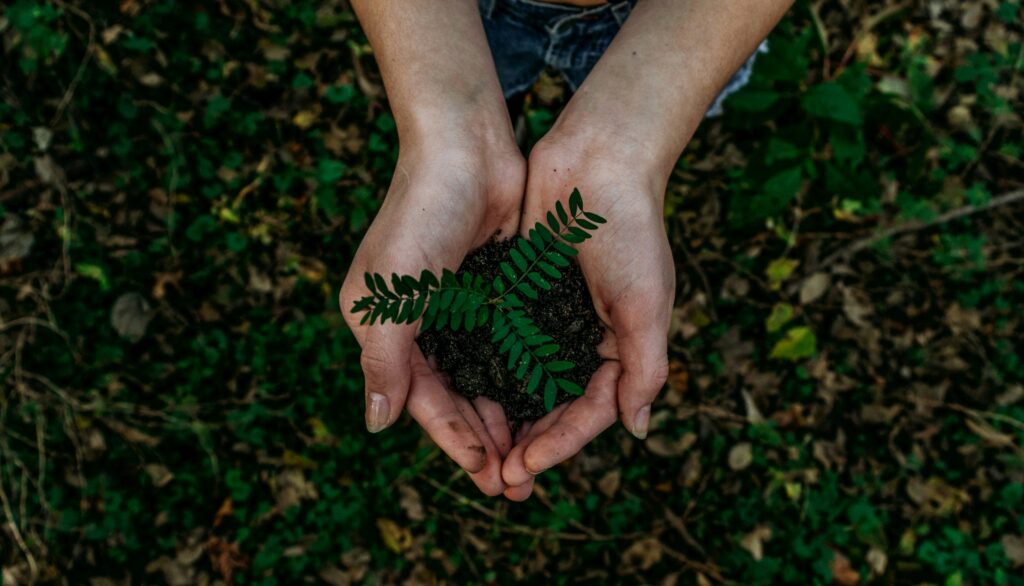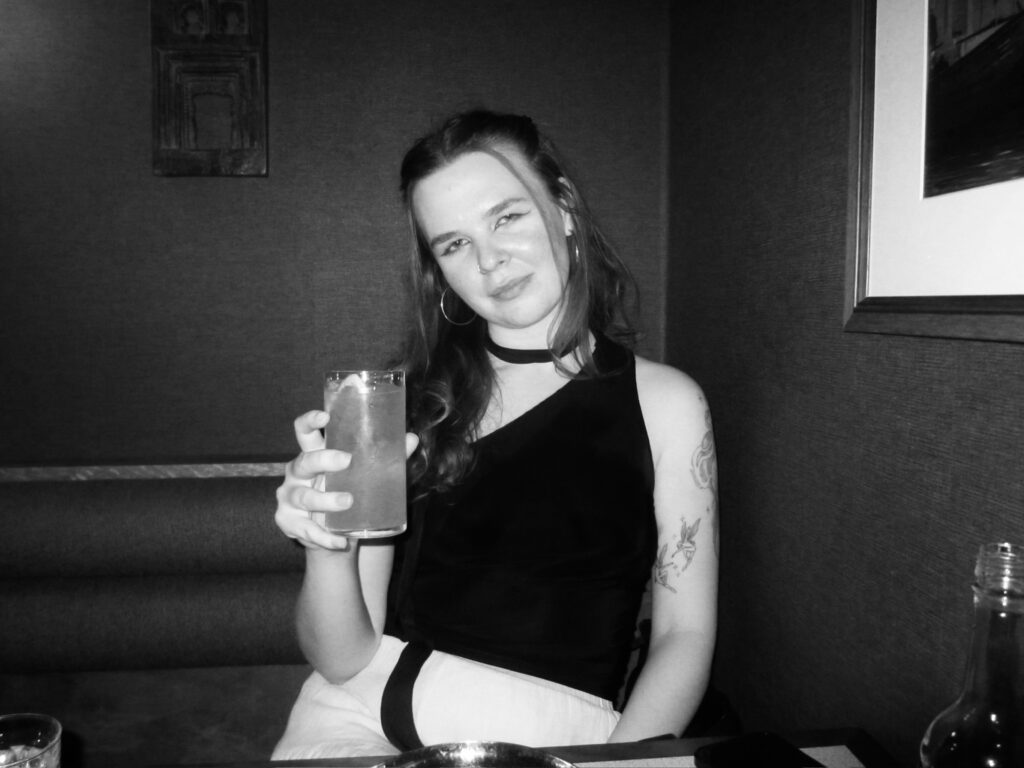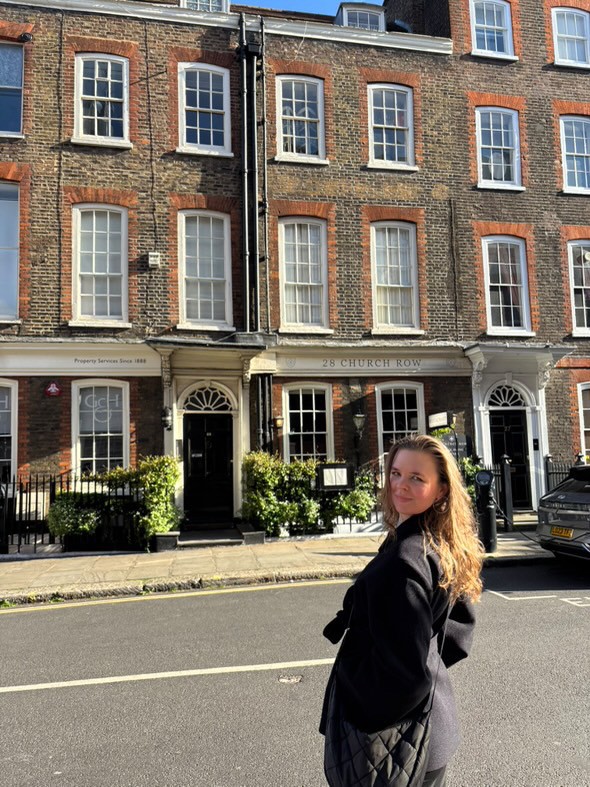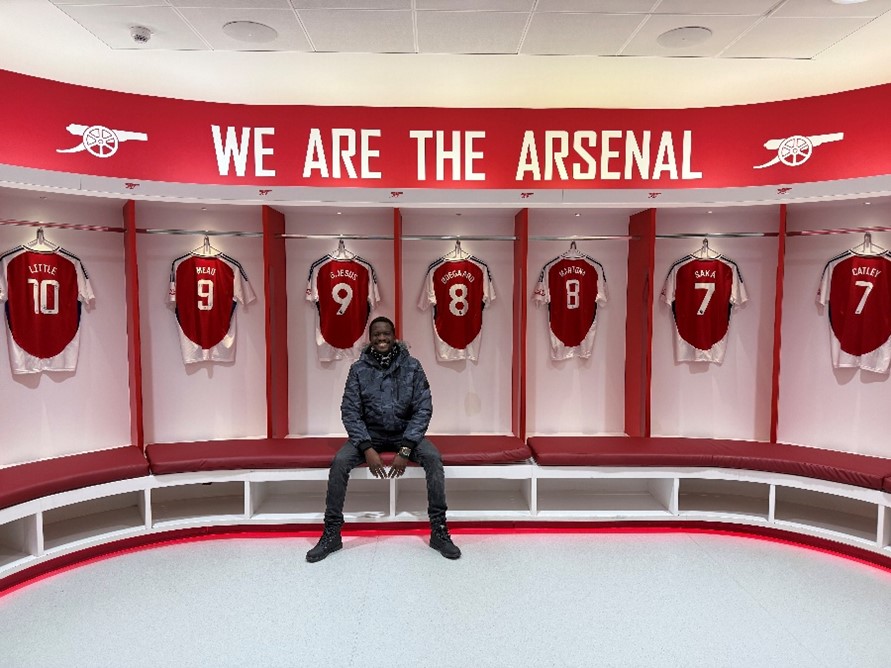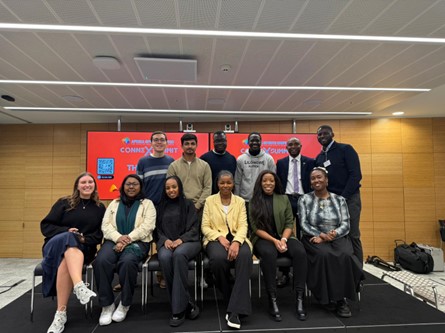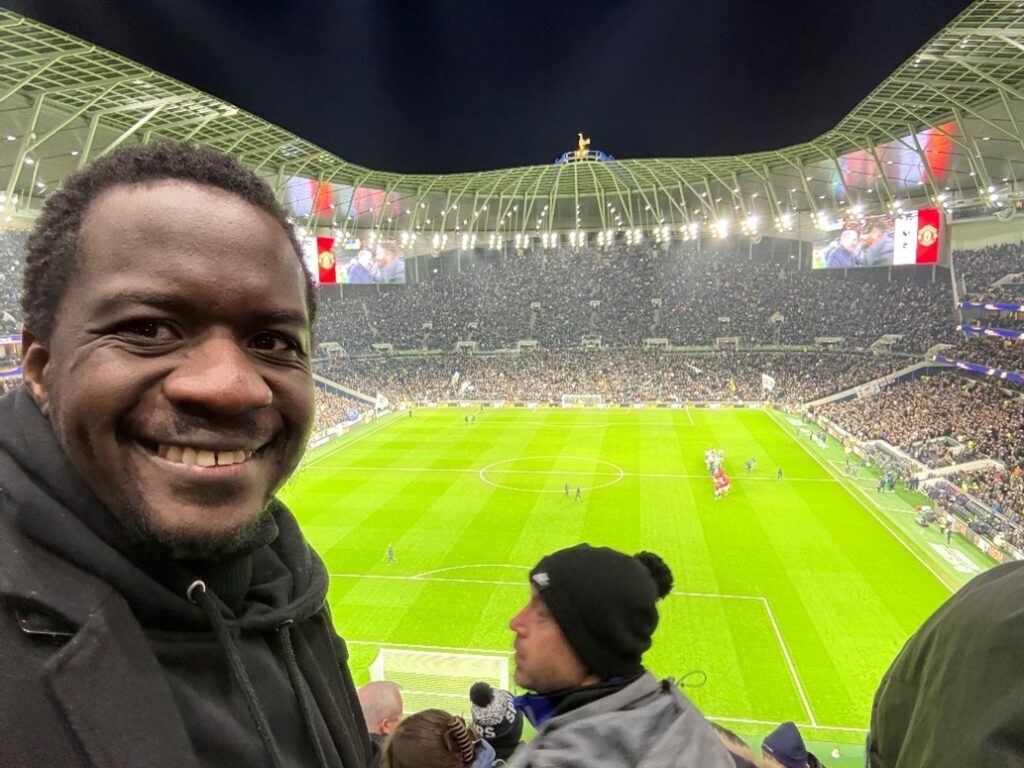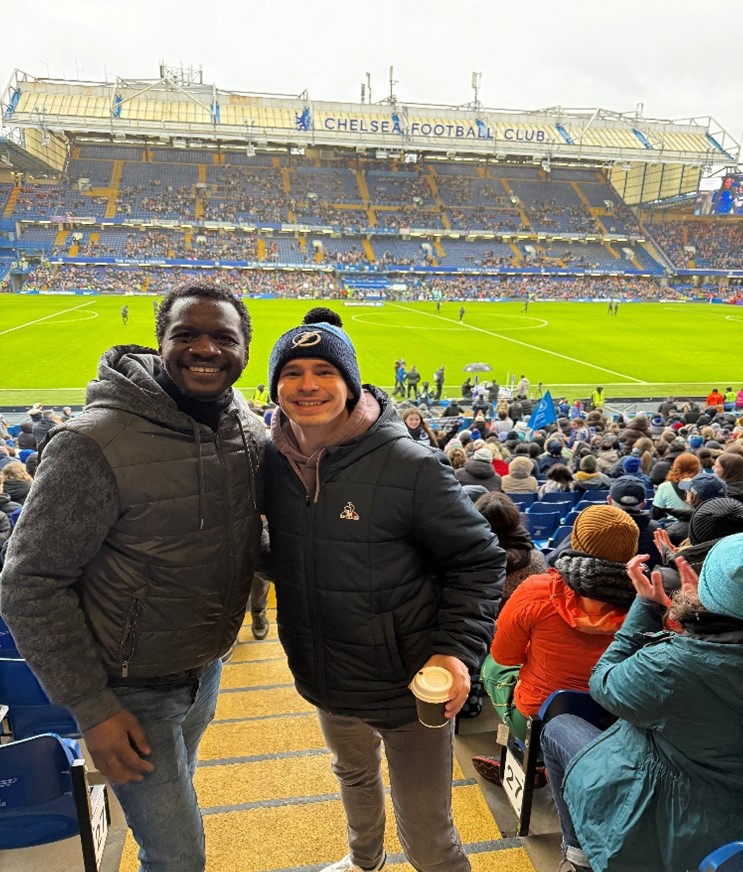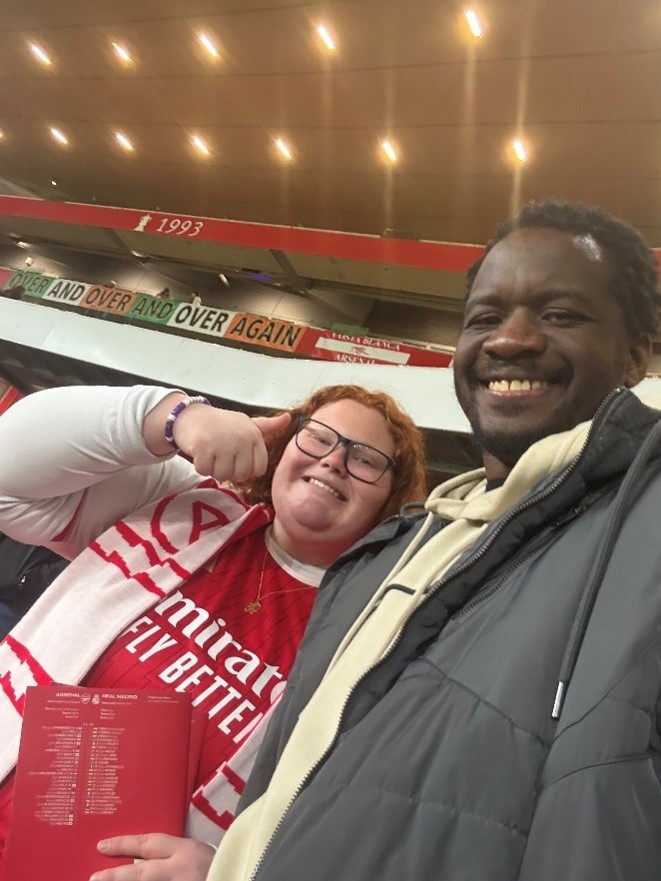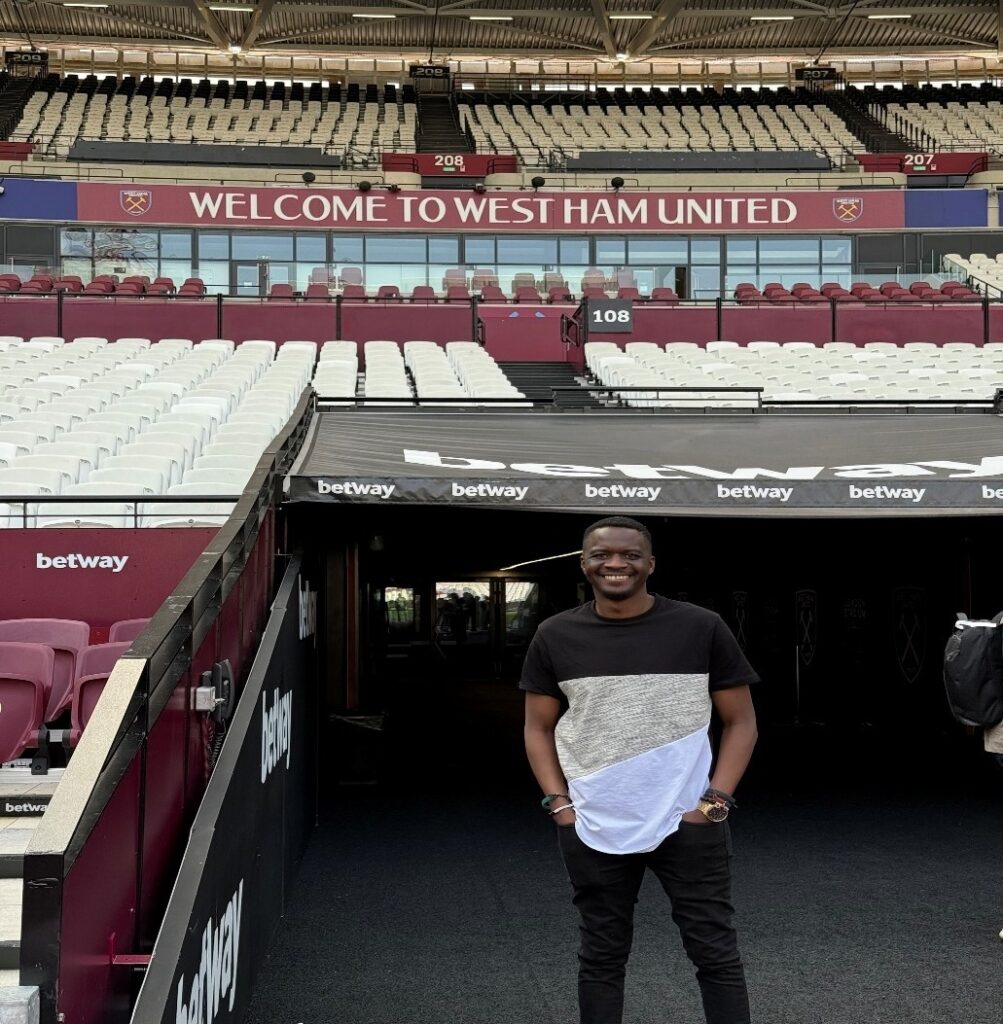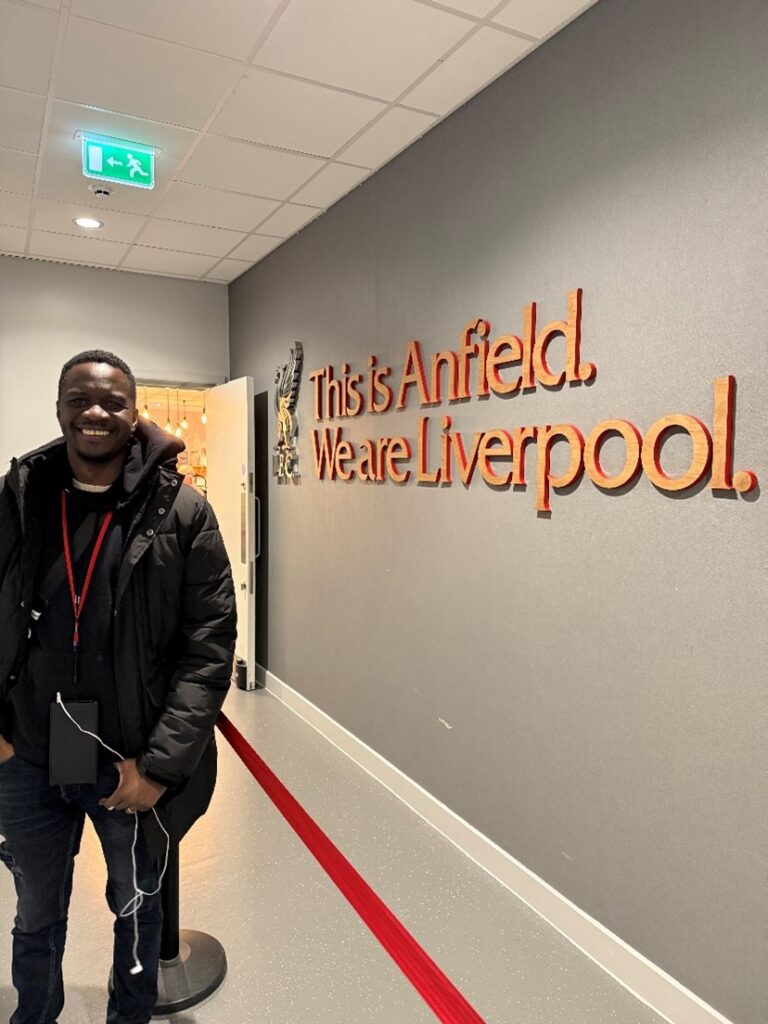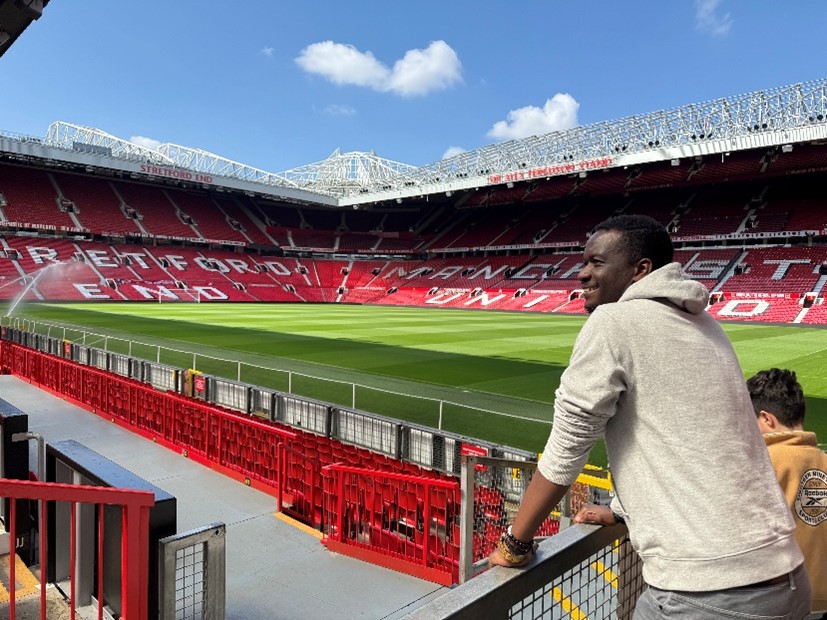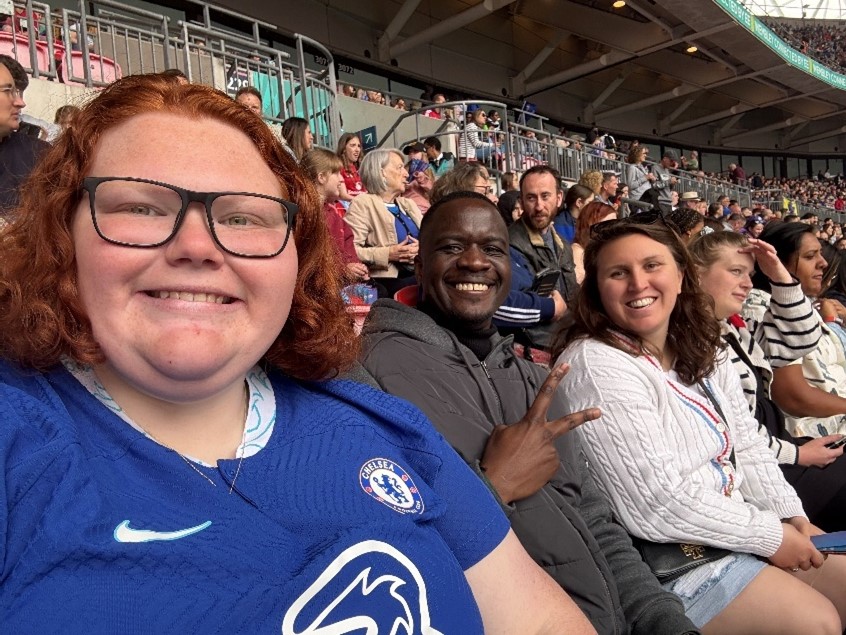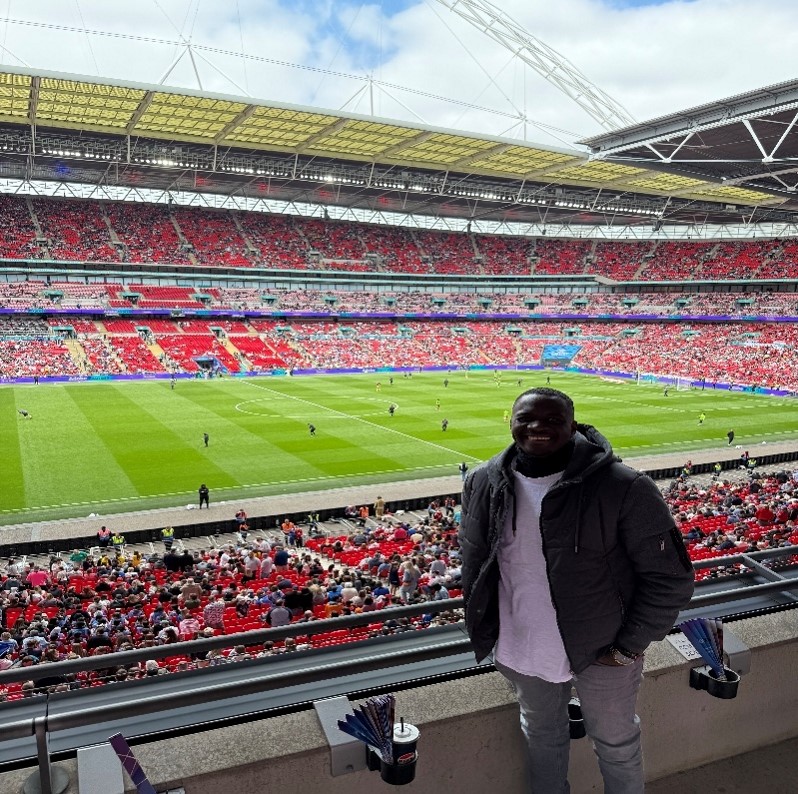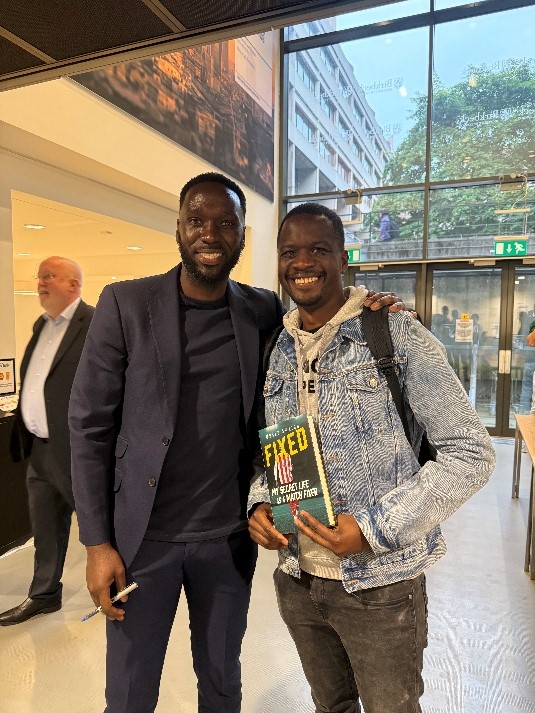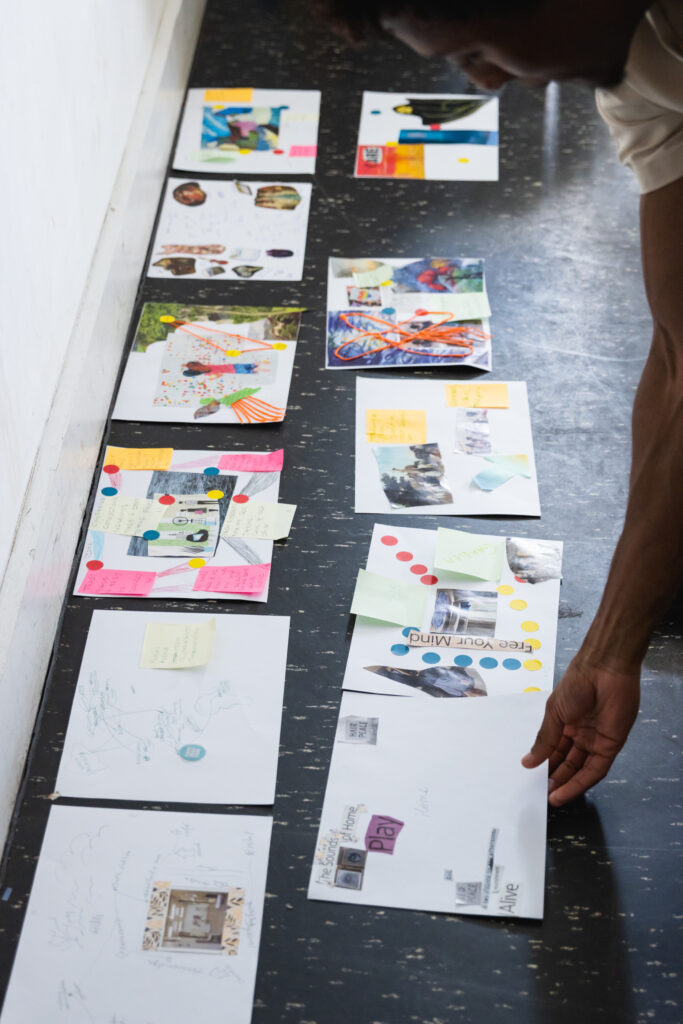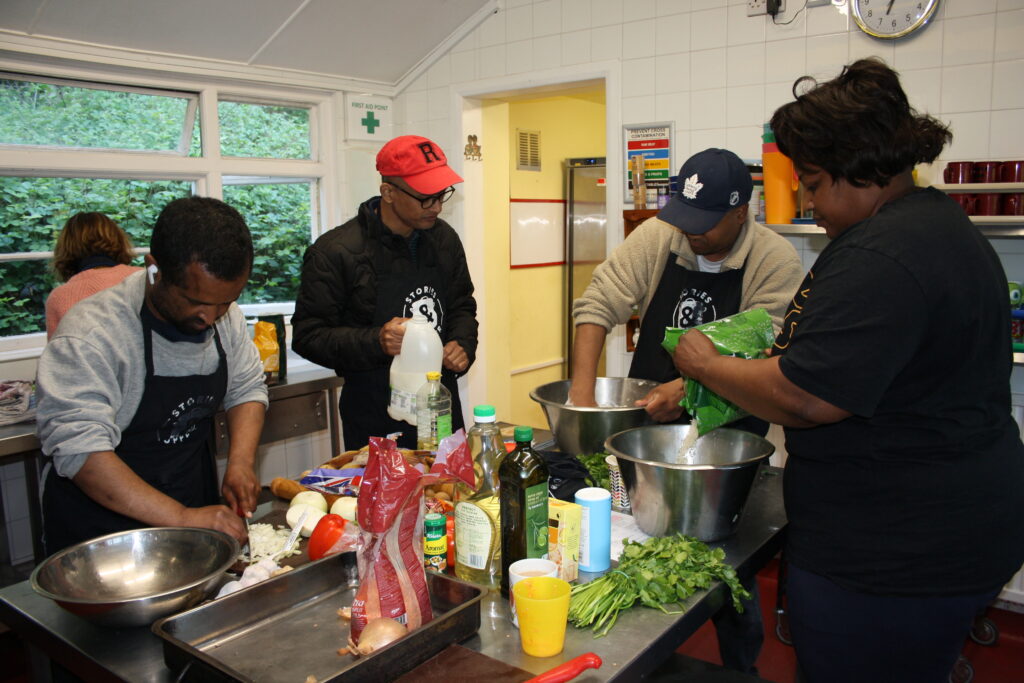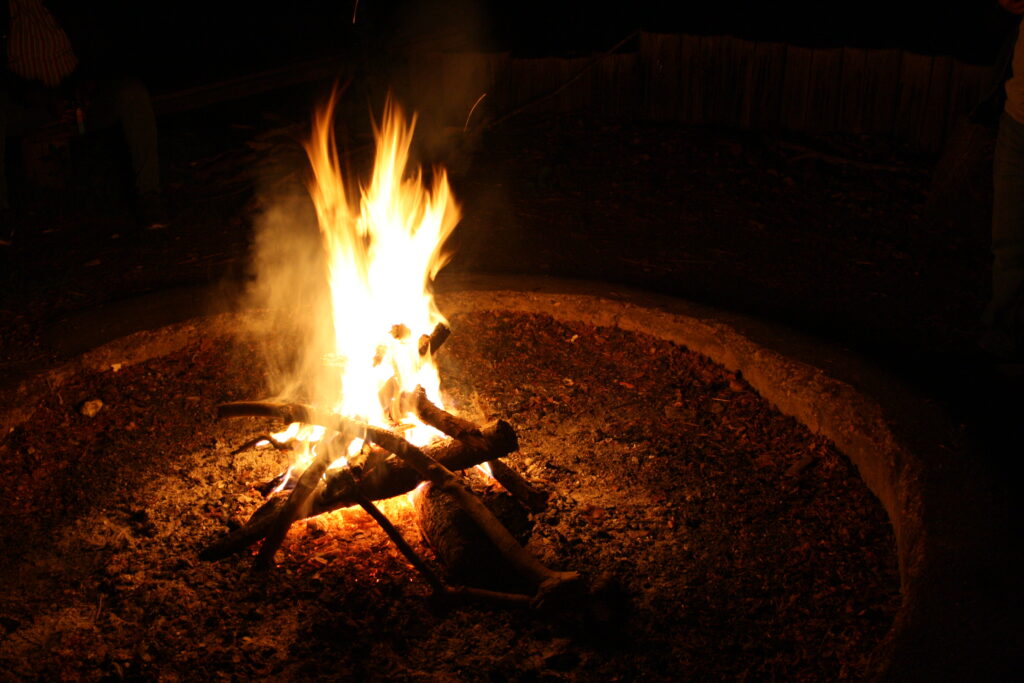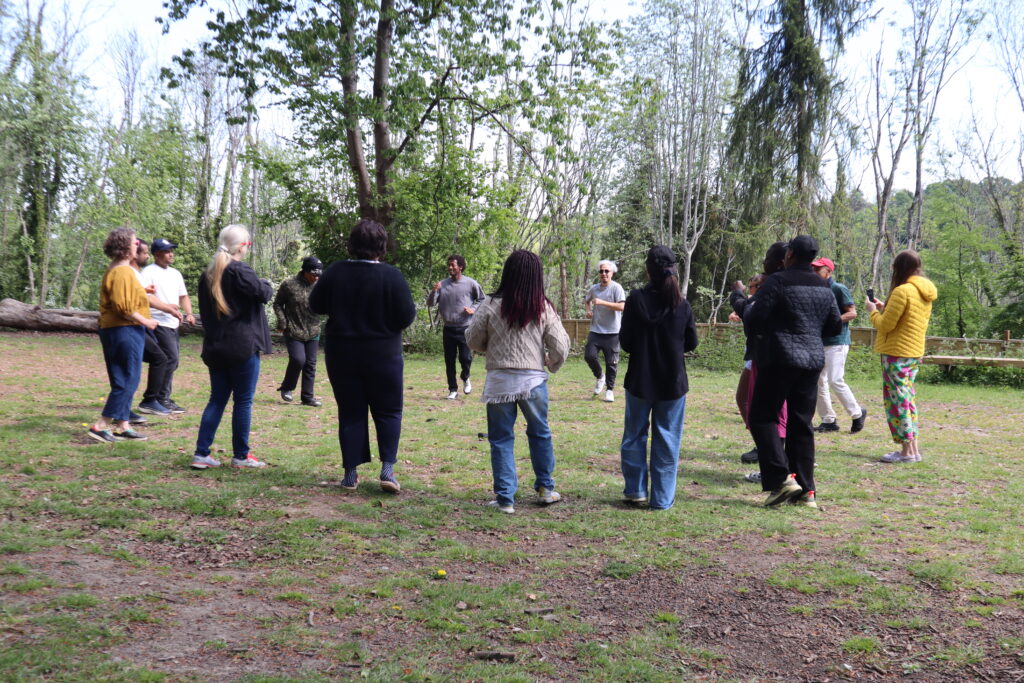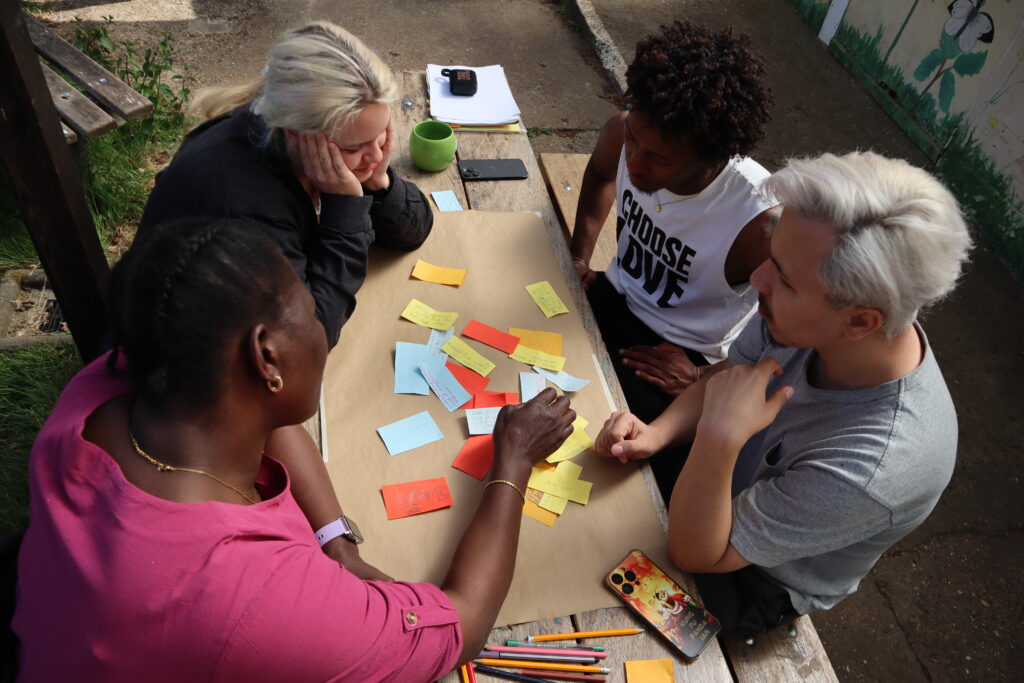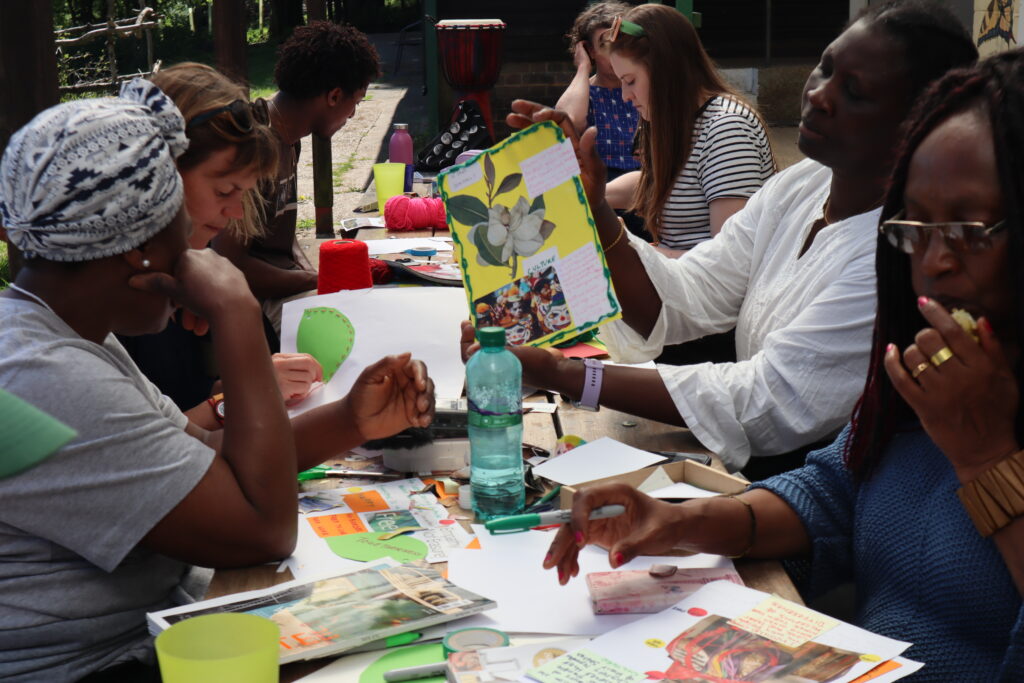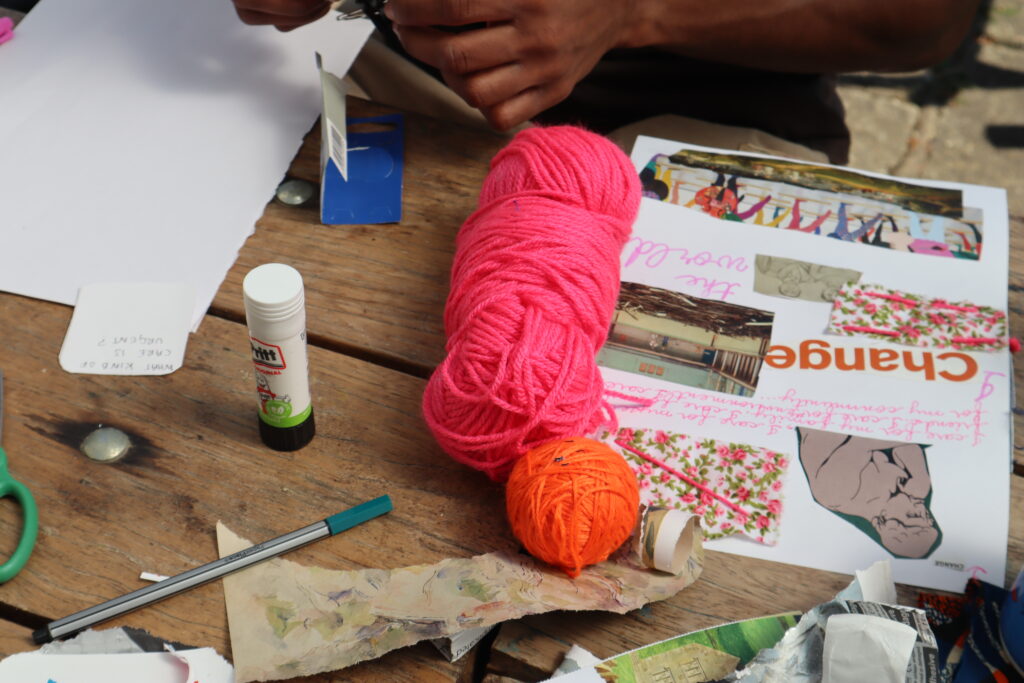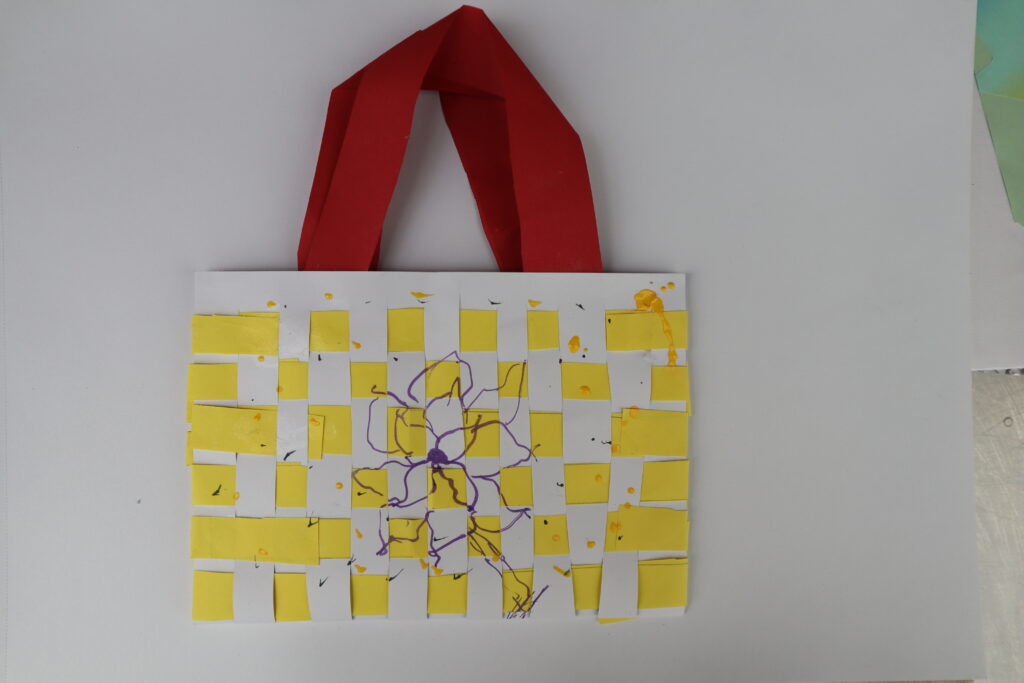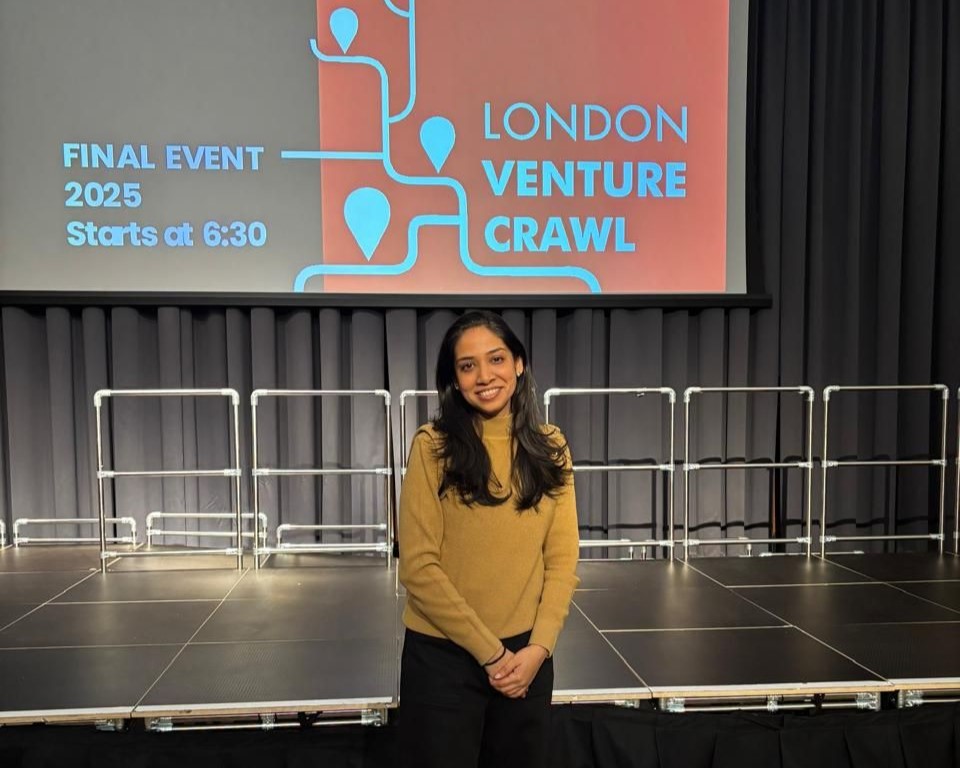Dr Pam Yeow, Professor of Sustainability and Organization, shares her thoughts on the recent prolonged water shortages experienced by herself and thousands of others in the South East this year.

On the weekend of the 10th and 11th January 2026, my family and neighbours in our village in Kent experienced a prolonged water outage. What began on Saturday evening continued through Sunday, Monday and well into Tuesday before supplies were restored to our immediate area. On Friday 16 January, South East Water still reported eight ongoing interruptions to their network—several of which have been in place for a week or longer. In November and December, many of the same regions faced similar disruptions. The precarious nature of an essential resource—critical for basic life functions such as cleaning, cooking and sanitation—was brought into sharp relief, both for me as a resident and as a researcher working on issues of sustainability.
Communications from the service provider
The first sign of trouble emerged on Saturday evening when posts began circulating on the local village Facebook group reporting low water pressure. A screenshot from the water provider stated: “We currently have a pressure issue at our site which means we are unable to pump the water. You may therefore be experiencing no water or low water pressure. We apologise for any inconvenience and are working hard to fix the issue.”
The water returned briefly on Sunday morning—only to disappear entirely by late afternoon. By Tuesday morning, 48 hours later, intermittent supplies began to return, although with water flowing at low pressure on Tuesday evening with people preparing to cook dinner and bath time.
Residents expressed growing concern, particularly for elderly neighbours, families with young children, and those with large animals such as horses. The timing compounded the situation: by late Sunday, all nearby shops—including 24‑hour supermarkets—were closed. As a family of four, the only clean water we had was a single bottle in a flask. We used water sparingly and were fortunate to have water butts in the garden for flushing toilets.
Communication from South East Water remained limited. At around 9pm on Sunday, residents received a text message stating that no further updates would be sent that evening “so as not to disturb you.” As research shows, effective crisis communication is crucial for maintaining trust, particularly when service disruptions are prolonged (Tucker, Yeow & Viki, 2013). Clearer, more frequent communication during this outage would have reassured the community that teams were actively working to resolve the problems.
Stakeholders and cascading impacts
By Monday morning, frustration was widespread. Without functioning toilets, local schools were forced to close, businesses suspended operations, and pubs, cafés and restaurants were unable to open. The local university shifted teaching online and began setting up emergency water stations. Hospitals announced that some appointments would move to virtual formats.
Still, South East Water had not established any water distribution points. Parish councils stepped in, setting up temporary water stations, and volunteers delivered water to vulnerable households. Public explanations from Southeast Water increasingly cited the recent storm and cold weather as major causes. Yet reported damage in Kent was comparatively limited.
Escalation and accountability
Local MPs and councillors soon intervened, demanding explanations from the company’s senior leadership. During Prime Minister’s Questions, the PM described the situation—affecting 30,000 customers at its peak—as “clearly totally unacceptable.” The water regulator, Ofwat, then launched a formal investigation into whether South East Water failed to meet its customer service obligations (BBC News, 2026; Ofwat, 2026). A separate, ongoing investigation is examining whether the company adequately maintained and invested in system resilience (Ofwat, 2026).
These investigations highlight deep structural issues. Privatisation of water companies has long faced criticism for prioritising profit extraction over infrastructure maintenance. Underinvestment leaves ageing pipes, pumps and treatment facilities vulnerable—particularly as climate change accelerates extreme weather events.
Understanding the system: physical and social dimensions
Jung et al. (2023) argue in their systemic review that water is indispensable not only for human consumption but also for agriculture, industrial production, energy generation and biodiversity. They emphasise that ensuring sufficient availability is not enough; public awareness of water’s broader sustainability role is essential (Jung et al., 2023). Unfortunately this was illustrated in the recent water outage that impacted several counties across the England.
Physical infrastructure
Water networks require continuous, proactive maintenance. This includes repairing leaks quickly and strengthening pump stations and pipework against climate-driven stresses. Yet repeated failures across the region suggest substantial gaps in investment and preparedness (BBC News, 2026).
Human and societal behaviour
Technological resilience must be matched with responsible water use. Behaviour change initiatives—such as Waterwise’s Water Saving Week—show how collective everyday habits, including fixing leaks and reducing consumption, can deliver meaningful benefits when scaled across communities (Waterwise, 2026). Ofwat’s forthcoming £75 million Water Efficiency Campaign, to be delivered over five years, aims to embed water‑conscious behaviours across households and workplaces.
Yeow, Dean and Tucker (2014) illustrated that to embed ethical behaviours, there is a need to take a systems approach to ensure that both individuals and institutions (for example, governments and public bodies, and other organisations) collaborate to encourage sustained behavioural change at societal level.
Towards a sustainable and resilient future
At the Research Centre for Environment and Sustainability, we are committed to tackling these interconnected challenges through interdisciplinary collaboration. No single actor—government, regulators, utilities, communities or households—can create resilience alone. Water, as Jung et al. (2023) emphasise, is not simply a utility but a foundational component of social, economic and ecological wellbeing. When access to this resource falters, the effects cascade across communities, organisations and ecosystems, revealing the fragility of the systems on which we depend.
South East Water’s failures, now the subject of regulatory investigation, underscore the consequences of underinvestment in critical infrastructure and the communication missteps that compound public distress during crises. But they also expose deeper societal issues: our collective assumptions about resource availability, our limited preparedness for disruption, and the lag between the pace of climate change and the adaptability of our infrastructures.
Water security requires:
- Technological innovation (e.g., smart leak detection, predictive maintenance, decentralised storage)
- Behavioural change, supported by communication and public education (Tucker et al., 2013)
- Robust governance prioritising long‑term sustainability (Ofwat, 2026)
- Equitable planning that protects vulnerable populations
- Community engagement that strengthens preparedness and social cohesion
Recent events show that water insecurity is not an abstract global issue—it is unfolding locally, now. As climate volatility intensifies, outages will become more frequent unless we reshape our relationship with water from one of assumed abundance to one of shared stewardship.
Our ambition is to foster models of resilience that are both technologically robust and socially equitable. This means exploring innovations in water management and pairing these with behaviour change strategies that encourage responsible consumption. It requires working closely with academic partners and government bodies and regulators as well as other organisations to ensure vulnerable populations are protected when disruptions occur. And it involves advocating for governance structures that prioritise long‑term sustainability over short‑term profit.
Ultimately, this incident was not an isolated episode, but part of a growing pattern of infrastructural stress exacerbated by climate volatility. As storms intensify and weather patterns become less predictable, water insecurity will no longer be an occasional inconvenience but a persistent risk. If we are to build a future in which communities can rely on the stability of essential services, we must reimagine the systems that support them. Through collaborative research, evidence‑based policy, and the empowerment of citizens to act as stewards of scarce resources, we can begin to reconfigure our relationship with water—from one of assumed abundance to one of shared responsibility.
References
BBC News. (2026). Ofwat launches investigation into South East Water as thousands remain without supply. Investigation launched into South East Water as thousands in Kent and Sussex still without supplies – follow live – BBC News
Jung, M. S., Gonzalez da Silva, J. A., Fachinetto, J. M., Carvalho, I. R., Lucchese, O. A., Basso, N. C. F., Copetti, C. M., Greco da Silva, L., & others. (2023). Water: A fundamental resource for ensuring sustainability. Revista de Gestão Social e Ambiental. https://doi.org/10.24857/rgsa.v17n7-013 [researchgate.net]
Ofwat. (2026). Ofwat opens investigation into South East Water following repeated outages. Ofwat opens investigation into South East Water following repeated outages – Ofwat
Tucker, D. A., Yeow, P., & Viki, G. T. (2013). Communicating during organizational change using social accounts: The importance of ideological accounts. Management Communication Quarterly, 27(2), 184–209. https://doi.org/10.1177/0893318912469771
Waterwise. (2026). Water Saving Week 2026. https://waterwise.org.uk/campaign/water-saving-week-2026/
Further information

